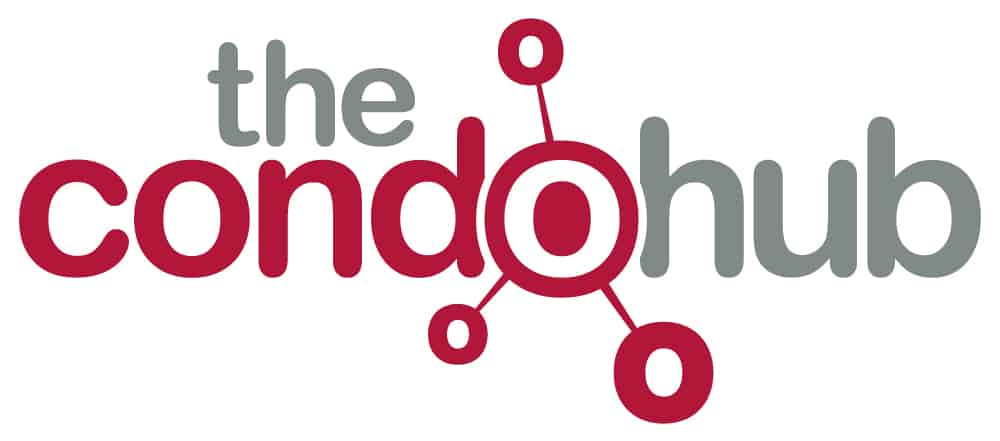Obtaining financing is one of the most important steps in the home buying process and the earlier you do it, the better. Everyone’s financial situation and goals are different, that is why it is not as simple as taking your monthly salary and taking x percentage of it to arrive at qualifying number. There are a variety of mortgage products available and the minimum amount of the down payment can vary from 0% for a VA loan to 25% down for a conventional loan for an investor.
How do you know which loan is best for you? By getting pre-approved for a mortgage loan. Many buyers don’t think they need to get pre-approved before writing an offer, however, there are many reasons to do so.
What is a Pre-Approval?
A mortgage pre-approval is a document issued by a lender which gives their written commitment to a potential borrower. The lender will want to see some documentation from the borrower, especially their bank statements, tax returns for the past several years, employment verification, and a credit report. This process does not have to take a substantial amount of time.
The pre-approval is not the final approval – that takes much longer. You also need to have a home selected before the loan can be given because there are a number of conditions that pertain to the home, such as an appraisal, a flood certification, and more. If it is a condo, there are additional conditions the lender will look at pertaining to the condo building, things like owner/renter ratio, reserve balances, right of first refusal, special assessments and more.
What is a Pre-Qualification?
A mortgage pre-qualification is a light weight version of the pre approval without any document verification. The loan officer will ask you about your debts, assets and income and based on your verbal information, will give you a sense of what you might qualify for. Some borrowers get a big surprise when they proceed further along the loan approval process and are denied!
Why You Should Get Pre-Approved For A Mortgage?
There are a number of good reasons why you want to get pre-approved for a mortgage, including:
- Know your spending limits. It doesn’t do much good to start looking at homes before you know what you can afford. You also might be surprised to learn you can borrow more than you think you can. Getting pre-approved serves as a good reality check.
- Eliminate disappointment. You may think you have great credit and know what you can afford, but guess what? That doesn’t matter. What matters is what the lender thinks about your credit and what you can afford.
- Correct credit problems. Many loan programs have a certain minimum credit score and the interest rate you are charged is also partly based on your credit score. Your credit score is very important! Your credit report might also have some errors in it. When you get pre-approved, the lender will pull a credit report (with your permission of course) and let you know if there are any bad marks. For many credit issues, you can do something about it to correct it. Maybe there was an outstanding collection you didn’t know about. Maybe you need to pay down a credit card. Maybe there is a factual mistake on the report that is not yours. By getting pre-approved early, you have time to correct some issues.
- Seller will want to see a pre-approval letter. When it comes times to write an offer on your dream home, the seller will most likely want to see a pre-approval letter to know you can can actually afford it. You don’t want to miss out on an opportunity just because you didn’t get pre-approved, would you?
Self Employed Or Commission Based Buyers
If you are self employed or are considered an independent contractor, getting a pre-approval is even more important to do before looking at homes. There are many rules that apply to those who are self employed versus those who are an employee of a company. The days of “no-doc” loans are gone. If you are a self employed buyer, you will need to provide at the very least, 2 years tax returns. Depending on your occupation, there may be special loan programs made for you.
Does your income heavily rely on commission? If so, like a self-employed buyer, there are different requirements that a lender will have. Often lenders will require 2-3 years proven history showing the commission amounts earned is fairly consistent. Normally a lender will take the 2-3 years history and average them out. For example, if a buyer has a sales position and they have a three year commission history of $100,000, $200,000 and $150,000, the will likely use an average expected commission income of $150,000 or less. A lender wants to be comfortable that the commission income is obtainable, year after year, before approving the loan.
Faster Closing
Real estate transactions generally take 30-45 days from the day the contract is ratified until settlement day. By far, the piece that takes the longest is the mortgage approval process. Getting your pre-approval before you start looking will speed up this time.
The main reason a quicker closing can happen is because the majority of the background checking has been completed by the lender prior to obtaining an accepted offer on a property. Once a pre-approved buyer is under contract and any inspections are completed, the lender can order the appraisal on the property. As a pre-approved buyer, you will have already filled out the mortgage application, given the past few years tax returns, and your credit has been reviewed with a “fine-toothed comb.”
If you would like a list of my recommended loan officers to contact, don’t hesitate to contact me and I’ll send you my list.
